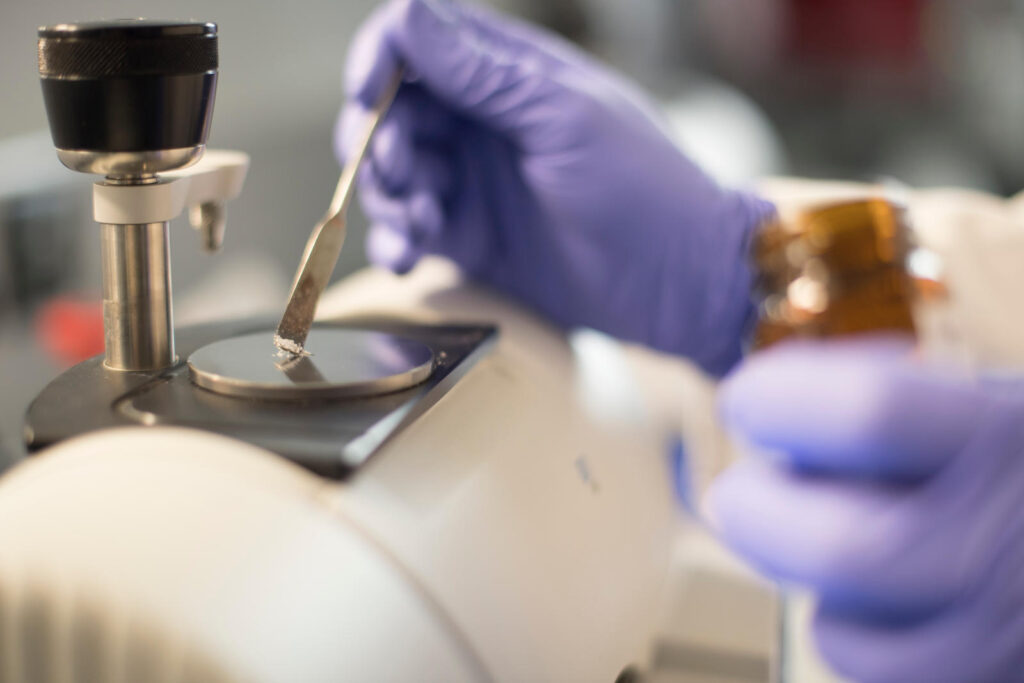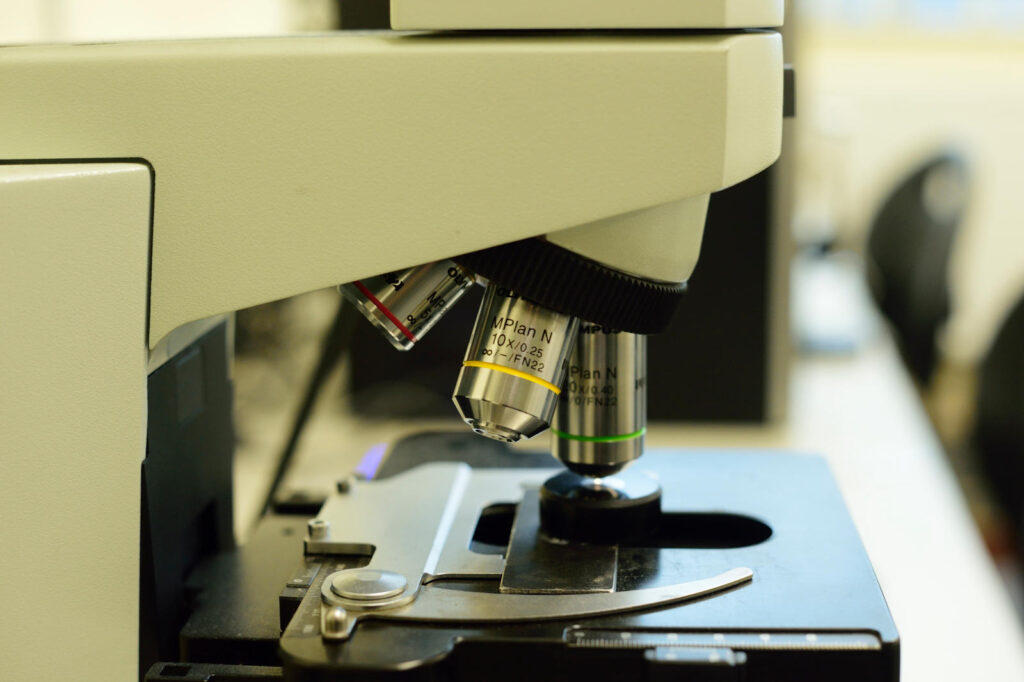Simona’s placement year

What was your placement about?
I worked at one the branch office of RSK which is an environmental, engineering and technical consultancy service group. I was Trainee Chemistry Technician under the “Material and Structure” team. My role consisted in performing various UKAS and non-UKAS accredited tests on a range of construction materials such as: concrete, mortar, aggregate, cement etc. A few examples of the tests that I performed were: chloride and sulphate content testing, analysing mix proportion of mortar, investigating the pH of aggregate.
Was it different working in an industrial laboratory as opposed to a University one?
One of the first things that hit me was the difference in scale. It was not just that everything was performed in much larger quantity, but that it was at a much larger scale. This was due to the fact that when working in industry, you are not performing a test for yourself like you do at uni, but you are testing numerous samples that are provided by one or multiple clients. Another reason for such a large scale is to minimise sampling error. Having to soon return at university, everything in the laboratory will feel so much smaller! This makes me smile as it reminds me of how everyone at my placement was in awe when there were those rare chances of using some very tiny glassware equipment.
Another difference I found was the timeframe allowed to perform an experiment. At university you are usually provided those few hours, or maybe a day, to finish your test, so it’s sometimes a rushed process and, if anything goes wrong during the analysis, you might not have time to do a retest. In an industrial setting, you have days to perform the testing as long as you meet the client’s deadline. The longer timeframe is to allow for possible retesting and the writing up of the certificates at the end of the analysis.
You are also more independent in an industrial laboratory, as you are considered to be an expert who has had all the necessary training, whereas at university you are obviously still learning so you guidance from laboratory technicians or a PHD student.
What are some of the skills you have attained on this placement?
Where to start?
There is so much to tell but I will try to be brief so as not to bore you all! This placement has definitely helped me with being more independent and confident in the laboratory, as I spend time on a daily basis carrying out various tests on different samples. I was also lucky enough to have landed a placement where you do not perform just one task. The number of tests that I needed to know how to perform at first felt almost overwhelming, then after a while it was quite satisfying when I could time myself to do multiple tests simultaneously. I was also fortunate enough to have been involved to a couple of new analyses that my company has started performing that year. This placement has helped me to further develop my problem-solving skills as experiments are not meant to be perfect, not every sample is ideal and sometimes the equipment does not want to collaborate! Therefore, when coming across something anomalous I had to learn to quickly adapt to it.

Would you recommend doing a placement year to others?
Whether confused about your future or not, I would highly suggest considering a placement. I always thought that I would be an academic and the idea of working in industry never really appealed me. I had this idea in my head where I thought that I would be bored and miserable doing the same, repetitive task in an industrial setting. I am happy to say that I was wrong. I initially applied for a placement because due to the pandemic I was not able to acquire as much laboratory experience as previous students, but I also wanted to be try out the experience of a career in industry – to see for sure if it was something that wasn’t for me.
It might have now made me more confused than I already was about my future career, but at least I now have one more option open to me. In my placement, I also had the chance to speak to colleagues that have studied for a PHD, listening to their reasoning for staying in academia. I also met people that studied for a master’s degree and worked at the same time. I heard stories of people that worked for a year, hated it and went back to academia and of people that just abandoned their master’s halfway through. It was such great learning experience, both practically and in terms of building a bank of information that hopefully will allow me to choose the best path for my career.
Even if you do not want to do a placement related to your undergraduate degree, I suggest looking for something altogether different. You have the opportunity to try something out for one year – experiment – without having to commit to it for the rest of your career, and I believe that it is a golden opportunity! Whether you love or hate the experience, there is only everything to gain!
Women in Science
Encouraging more young women to study science-related subjects